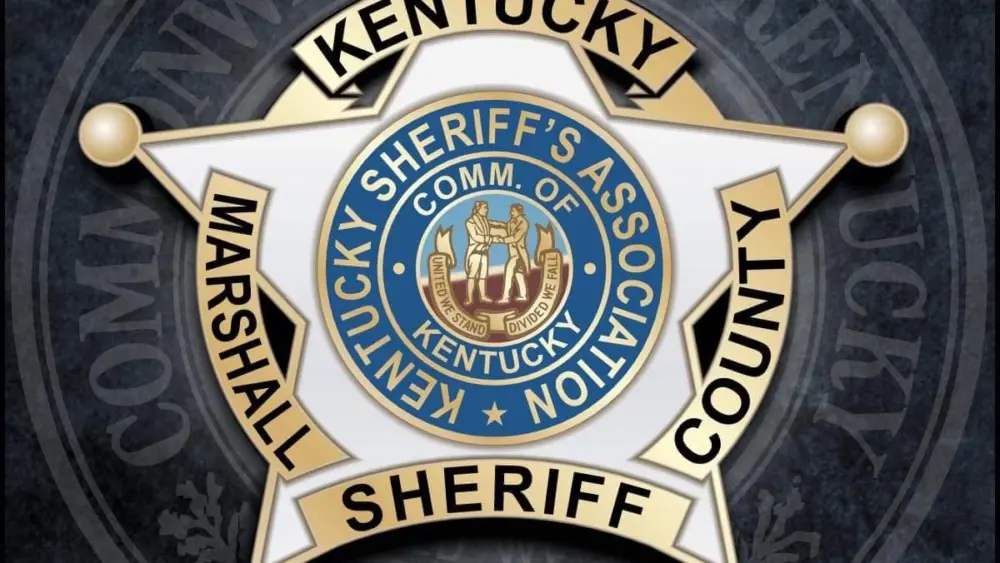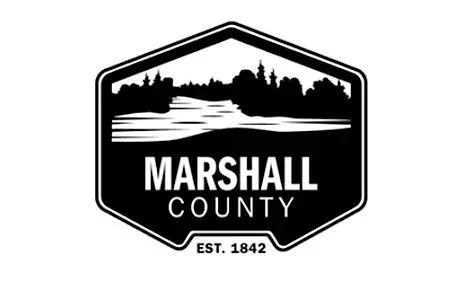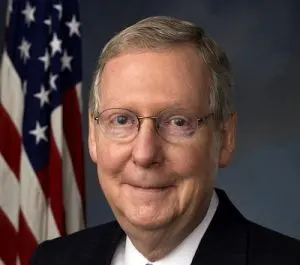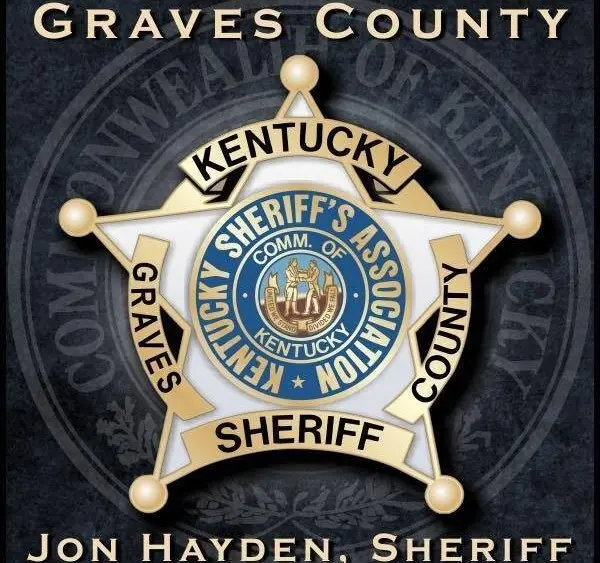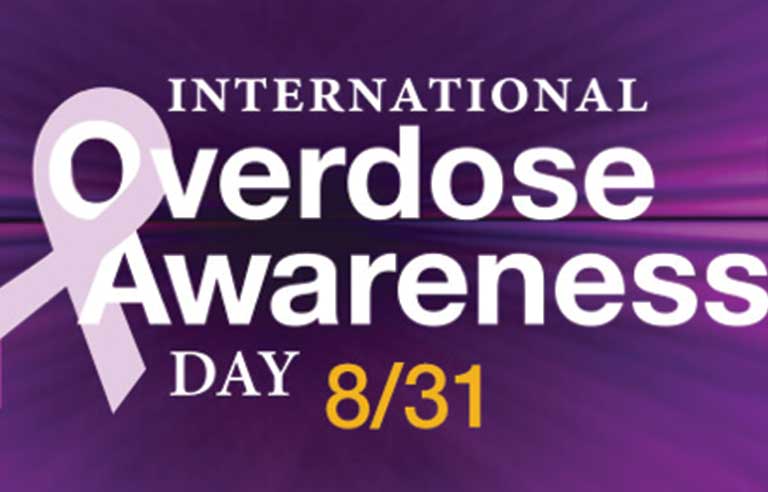 FRANKFORT, Ky. – As of 4 p.m. Aug. 31, Gov. Beshear said there were at least 48,396 coronavirus cases in Kentucky, 381 of which were newly reported Monday. Forty-three of the newly reported cases were from children ages 18 and younger, of which two were children ages 5 and under. The youngest was a 1-year-old from Madison County.
FRANKFORT, Ky. – As of 4 p.m. Aug. 31, Gov. Beshear said there were at least 48,396 coronavirus cases in Kentucky, 381 of which were newly reported Monday. Forty-three of the newly reported cases were from children ages 18 and younger, of which two were children ages 5 and under. The youngest was a 1-year-old from Madison County.
“We always have lower numbers on Sundays and Mondays, due to lab closures over the weekend. But the White House report for this week still has 59 of our 120 counties in the red or yellow zone,” said Gov. Beshear. “We don’t want any of our counties in either. Let’s remember how serious this is and not act like everything is normal.”
Gov. Beshear reported three new deaths Monday, raising the total to 933 Kentuckians lost to the virus.
The deaths reported Monday include a 61-year-old man from Lincoln County; a 72-year-old woman from Martin County; and a 65-year-old man from Owen County.
As of Monday, there have been at least 877,443 coronavirus tests performed in Kentucky. The positivity rate currently stands at 4.42%. At least 10,375 Kentuckians have recovered from the virus.
For additional information, including up-to-date lists of positive cases and deaths, as well as breakdowns of coronavirus infections by county, race and ethnicity, click here. To see all recent daily reports, click here.
Information about COVID-19 and schools is also being made available. To view the reports, click here for K-12 and here for colleges and universities.
Case Information – Sunday, Aug. 30
Due to limited reporting on the weekends, some updated information is now available from Sunday, Aug. 30.
As of Sunday, there were 874,597 coronavirus tests performed in Kentucky. The positivity rate was at 4.54% and at least 10,355 Kentuckians had recovered from the virus.
For a detailed look at coronavirus case information from Sunday, Aug. 30, click here.
Overdose Awareness Day
Today, Gov. Beshear recognized International Overdose Awareness Day, a global event held on Aug. 31 each year to bring awareness to the overdose epidemic, reduce the stigma of drug-related deaths and acknowledge the grief of family and friends left behind.
“Awareness is the key to survival during most medical emergencies; and that’s certainly true in the case of a drug overdose,” the Governor said. “If you find a loved one has overdosed, or even a complete stranger, knowing how to react could mean the difference between life and death.”
Those needing access to naloxone or more resources on how to respond to an overdose can find more information on the Kentucky Office of Drug Control Policy’s webpage.
The Governor also spoke about one overdose victim and his family’s struggle in the aftermath of his untimely death.
“As Attorney General I filed more lawsuits against opioid distributors and manufacturers than anyone else in the country. My friend Emily, who leads Fed Up in Kentucky, lost her son TJ right before he was going to deploy with our National Guard,” the Governor said. “There’s so much pain out there, and somebody may make a bad decision at the start, but by the time an overdose happens typically someone has been suffering from an addiction that we cannot treat as a bad decision. We have to treat it as the disease that it is, knowing that it is preventable, knowing that all of us can step in to either try to help an individual suffering from it, or hopefully be there with the training necessary to protect them in that worst case scenario.”
Gov. Beshear said he promised Emily he would continue to seek to provide resources to help people overcome addictions while also holding unscrupulous drug companies responsible.
Gov. Beshear noted that public health officials say that since the start of the pandemic in the U.S., they are seeing the largest number of overdose deaths since 2017.
Kentuckians struggling with substance use disorders, either themselves or within their families, can call 833-8KY-HELP (833-859-4357) to speak with a specialist about treatment options and available resources.
A live specialist will help locate everything from medication-assisted treatment to faith-based care, and walk through all the variables, such as location and cost. Callers can speak to a specialist from 8:30 a.m. to 5:30 p.m. (EDT), Monday through Friday. During non-business hours, callers may leave a message and the call center staff will get back in touch with them.
Gov. Beshear said the Governor’s Mansion will be lit up with purple lights this evening to honor the lives lost to overdose deaths.
Child Care Guidelines
Eric Friedlander, Secretary of the Kentucky Cabinet for Health and Family Services, spoke Monday about changes to the emergency regulations relating to child care, which aim to balance the safety and health of our children, caregivers and the public.
“We also recognize our children’s need to learn and socialize and the essential role of child care for working parents. It is good that everyone is now recognizing the importance of child care,” Secretary Friedlander said. “It has been a difficult time for child-care providers. CARES Act funding has resulted in over $67 million going to Kentucky child-care providers.”
In unveiling “Journey to a New Kentucky: Changes to Child-Care Facilities Guidance,” Secretary Friedlander said the department was offering a plan to address increasing capacity and the pre-existing shortages of registered and certified providers, while continuing to enforce child care standards.
Among the provisions in the new guidance:
- Help for parents to meet needs of nontraditional instruction (NTI) days by aiding background checks on providers and ensuring staffers are: masked; using proper hygiene; enforcing health checks and small groups; and have a plan is in place for when someone tests positive for COVID-19.
- Expanding the maximum number of allowed children to 15 for licensed child-care facilities.
- Certified homes, licensed infant and 1-year-old classrooms may return to typical group sizes.
- $2,500 startup incentive bonus through the federal Coronavirus Aid, Relief and Economic Security (CARES) Act to encourage new providers.


